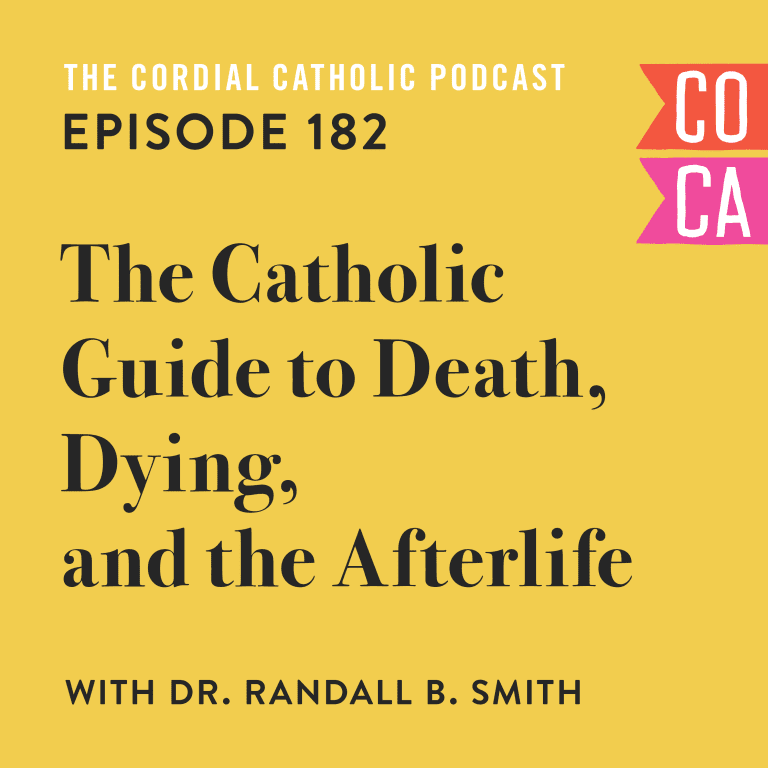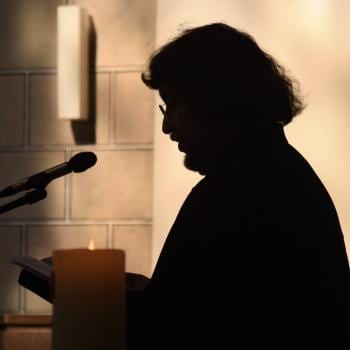
It’s all but too late.
Today, much to the shame of our entire country, Parliament passed the first version of its assisted dying bill. The Bill, now due to be reviewed and wrangled by the country’s upper chamber of government, will shortly become the law of the land.
State-sponsored euthanasia, within spitting distance of becoming a reality.
But it only begins here.
When the Canadian courts were forced with tackling the issue they ruled much more broadly than did our politicians. Indeed, the law which passed its final reading in Parliament today doesn’t go far enough, argue many of its critics.
This Bill, in its current incarnation, requires those seeking state-assisted death to meet certain eligibility criteria.
Namely, they must already be dying and prove to be in a certain amount of pain.
But many politicians, think tanks, and advocacy organizations say this Bill is too narrow, and violates Canadians natural rights and freedoms: The restrictions on those that want to die are too onerous.
In other words, it’ll be too hard to die in Canada.
These politicians, groups, and organizations want the law to be softened to allow those not chronically sick and minors to be able to apply for assisted dying.
I can only think of two responses.
First: Lord, have mercy.
And, second: Go home Canada, you’re drunk.
I mean… right?
Jean Vanier, the famous founder of L’Arche, a community which exists to support and live with the world’s most undervalued and discarded people, spoke beautifully on Canada’s assisted dying legislation. Speaking to CBC Radio’s As It Happens, Vanier said,
People could go through periods of just fatigue, depression, loneliness. So we mustn’t go too quick to just say “there’s a legal right”. They also have a legal right to be walked with, accompanied, and helped.
The conversation, says Vanier, is being framed entirely wrong.
He goes on to say,
We need all to be loved, in order to find the beauty of life. And of course, what we see here in all our communities of L’Arche. And people come to us maybe who are quite violent, who are in depression, but then they discover something. They discover that they’re loved. Lawmakers should also realize that the human being, we’re born in weakness, and we die in weakness. And that we’re all vulnerable. And that we all always need help. A society needs to encourage opening up our hearts to those who are weaker and more fragile.
There are other poignant, secular voices, in the conversation as well.
Robert-Falcon Ouellette, a member of the governing Liberal party, worries that access to assisted dying for those already likely to choose suicide may lead to consequences not fully considered,
I’m concerned that we haven’t thought out the complete ramifications that a decision like this might have on indigenous communities that seem to be suffering greatly. This will be a right that will become entrenched and the impacts on vulnerable groups will become entrenched and it’s very hard to stop.
And Ouellette is speaking to a serious concern, because Canada is clearly drunk.
In a society that speaks, increasingly, of the need for mental health innovations and interventions how can we be seriously entertaining the normalization of assisted death?
Let’s call it what it is: Assisted suicide.
Are we OK with that?
Are we OK with a complete loss of a moral compass; a complete senseless wandering into the desert of the barely imaginable?
A world where we pour in hundreds of millions of dollars into educating ourselves, our peers, and our children about the important need for a proper psychological balance to life then turn around and tell them it’s OK to ask to die if you really mean it.
A world where we tenderly and thoughtfully walk with our young people and teens through the most vulnerable years only to make the ultimate capitulation when they just can’t take it anymore.
A world where—Lord, have mercy—teenagers struggling with depression are at an all-time high and where our recommendations for a means to cope, sooner rather than later, will have to inevitably include the right to just throw the towel in, and call it quits.
Seriously Canada, go home, you’re drunk.
At the bottom of it all, I recognize the desire of those suffering to apply to end their own lives. Without a deeply understood purpose to life, in which suffering can be offered up as a kind of prayer or penance, chronic suffering must be unbearable.
Even for the faithful, end-of-life discussions are not something for the faint of heart. The examples of the saints, contemporary and otherwise, offer us a multitude of examples. Here, in that kind of suffering, faith is most tested. Most bent. Most shaped. Most acquired more deeply and these saints are phenomenal beacons of Christ.
I’m terrified, not just as a Catholic but as a human being, for a world that discards its most vulnerable and most in pain. I’m hopeful, instead, for one that holds those people up higher, that walks with them, supports them, and teaches them their inherent value. Their genuine dignity. That they are loved, deeply.
And something’s gotta give.
We can’t hold in tension a society that applauds mental health initiatives, whose population is in a serious crisis of depression, with a legislative norm that allows just about anyone, for any reason, to simply end their life.
That makes no sense. That’s crazy-making. That’s a recipe for disaster, to put it mildly.
Lord, have mercy.
Go home Canada, you’re drunk.












